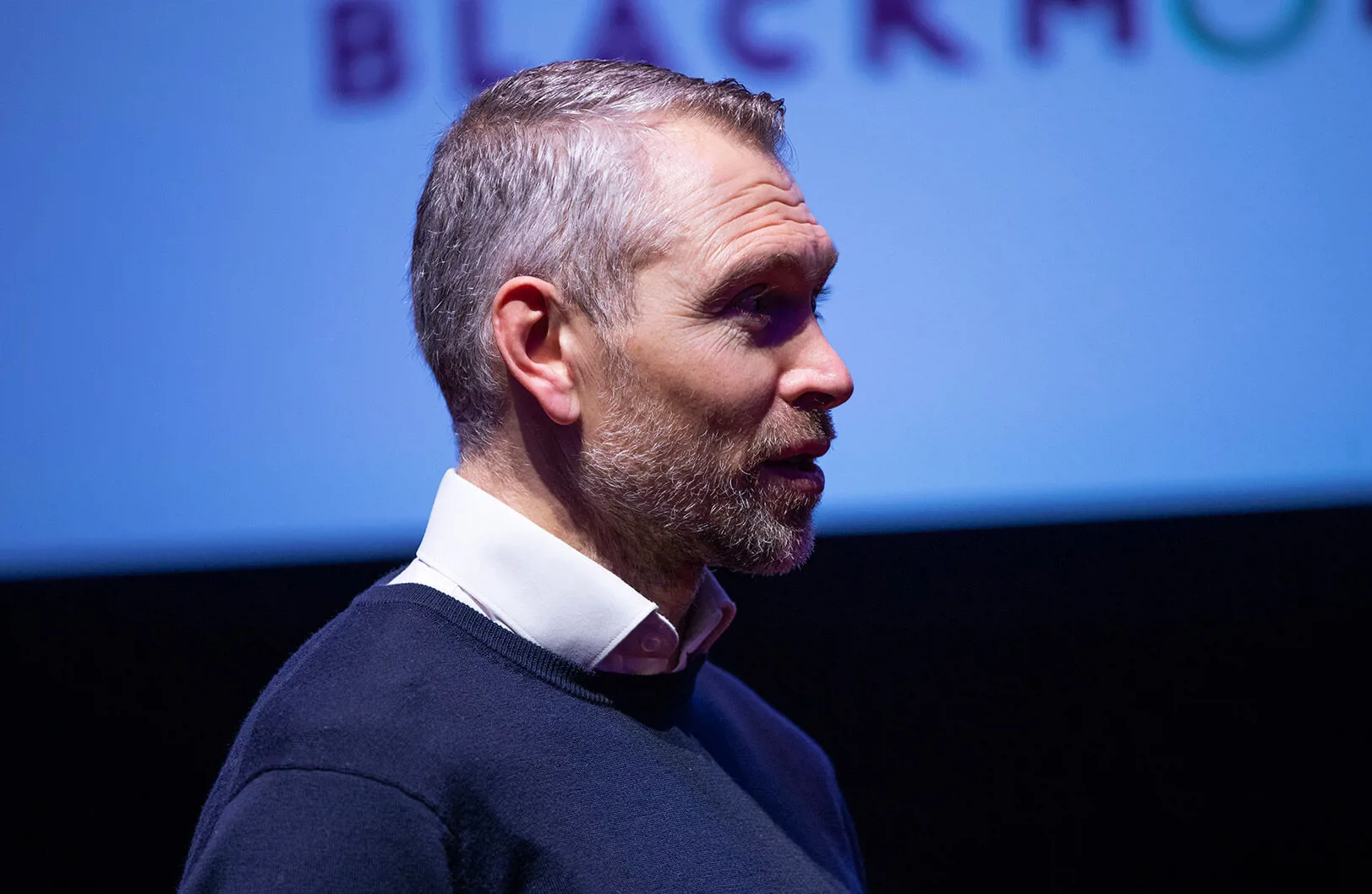In our latest Climate Heroes podcast episode, we're excited to be joined by Anthony Levy, also known as The Sustainable IT Guy and founder of Circularity First. Anthony is one of the people leading the charge in tackling electronic waste (e-waste) - a growing issue that demands our immediate attention.
E-Waste: The Silent Global Crisis
The UN stated that 8kg worth e-waste was produced per person worldwide in 2023, but only 17.4% of this will be to be collected and properly recycled.
As our reliance on technology continues to grow, these figures are expected to rise, making the efficient and sustainable handling of e-waste a global concern.
This number is projected to reach 74.7 million tonnes by 2030 – almost a doubling of e-waste in just 16 years.
Circularity First: A Pioneer in E-Waste Management
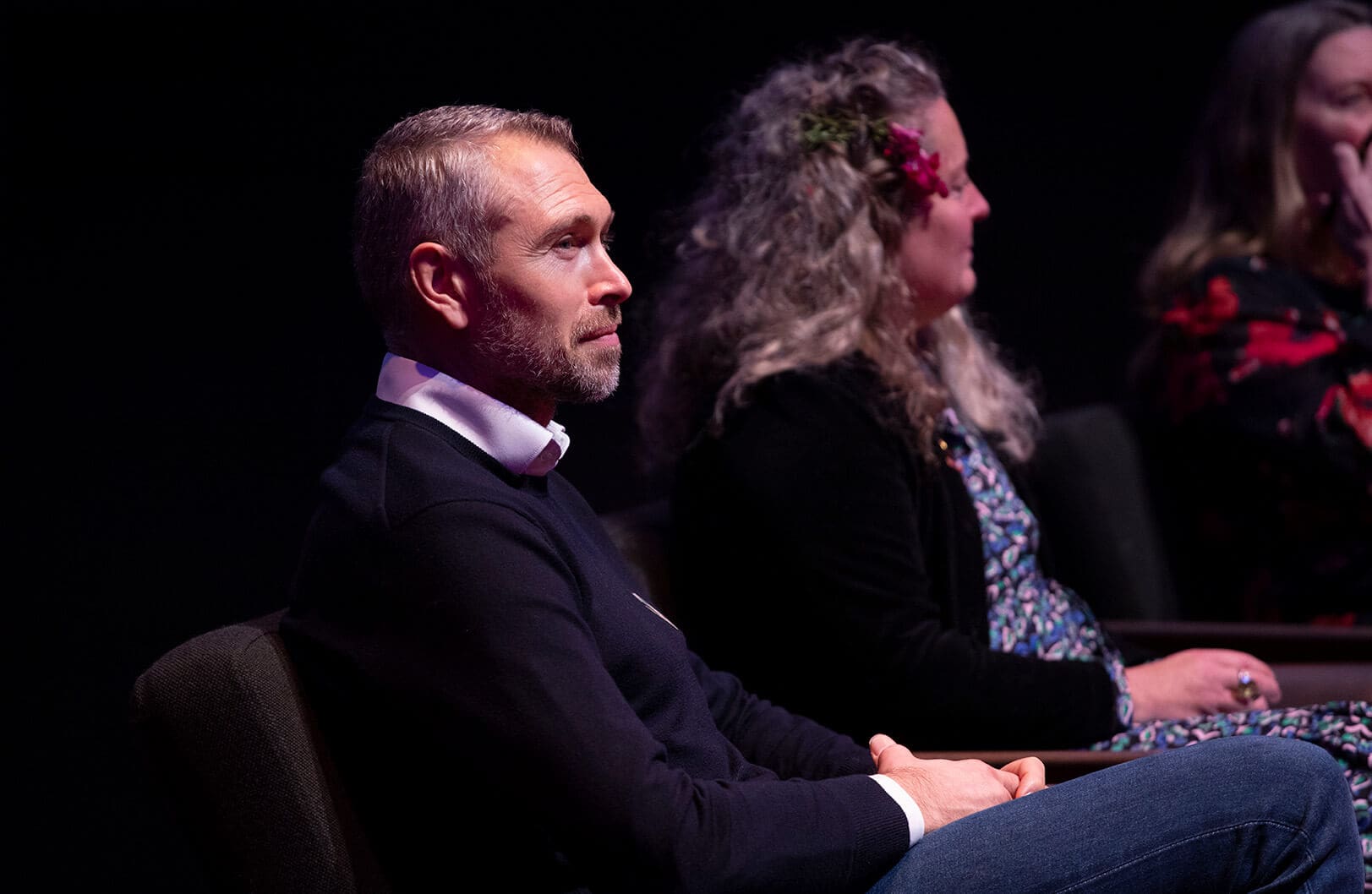
Founded by Anthony Levy, Circularity First is making significant strides in managing and reducing e-waste. They aim to create a circular economy in which electronic devices are not discarded but are repurposed, reused, or recycled.
During the episode, Anthony shared some of the innovative approaches his company is taking to tackle the e-waste challenge as well as the true extent of the e-waste issue.
Click here to listen to the full episode, or continue reading as we uncover some of the main talking points from the show.
What is the E-Waste Problem?
Anthony: "I think the big problem is understanding where all the impacts come from everything that we consume but particularly in IT, is just how much heavy industry has to happen, mining, extraction, manufacturing, everything to create these devices that we use each day.
There's huge impacts that we don't see. So the problem is that our appetite for new technology is such that it's creating huge environmental impacts that we don't really know much about, so we need to learn about it, and then we need to work out how to reduce that impact."
How is Circularity First addressing the issue?
Anthony: "Circularity First is an organisation that only helps create that awareness, helps people understand all the impacts on IT, but fundamentally helps people understand how they can reduce that impact and we offer solutions and services to help with that reduction.
I think it's a very good starting point to say, you plug your mobile phone in or your laptop and it hardly uses any power, a little green or red light comes on it, oh, that's quite benign, But actually, if you look at the embedded carbon in that machine, which is your scope three emissions, there's a huge amount going into that.
And also some of the processing and the heavy lifting that happens behind your phone or your, mainly in the cloud, is both equipment intense with lots of kit in it, but also energy intense because of the data centre, its main sort of energy intensity is around keeping it cool with all those servers running."
Join the Fight against E-Waste
By choosing to recycle our electronic devices and supporting companies committed to sustainable practices, you're spreading awareness about the issue as well as creating an abundance of affordable technology.
First Mile's WEEE recycling service
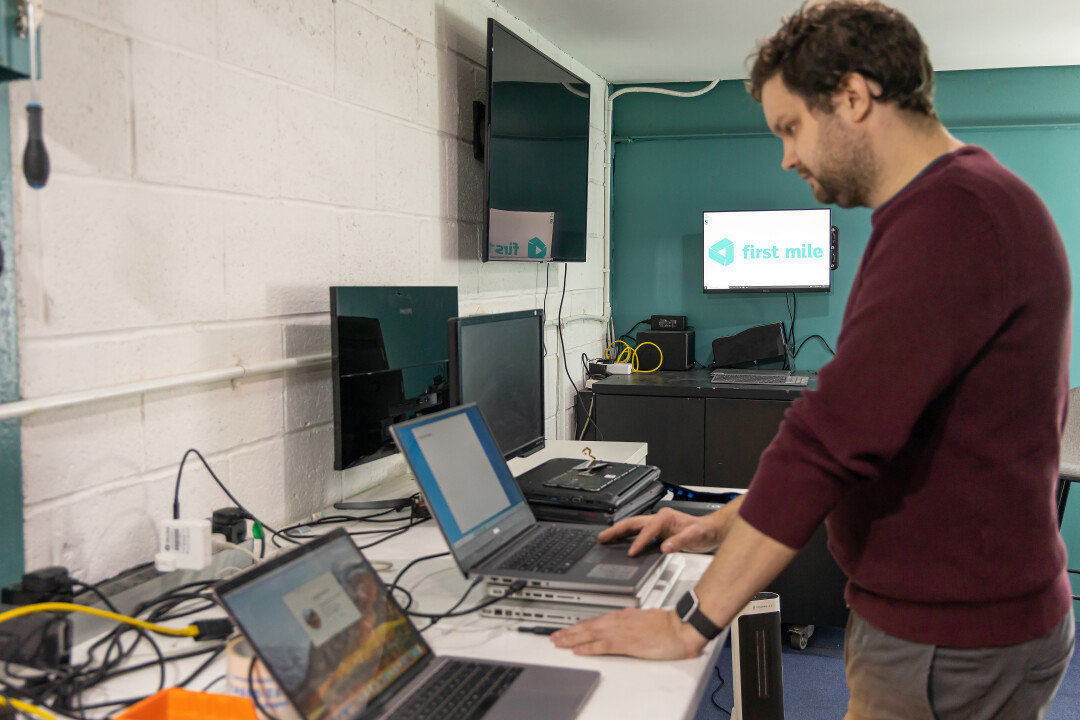
First Mile's WEEE (Waste Electrical and Electronic Equipment) recycling service offers an impressive, eco-friendly solution to e-waste management.
Our service ensures that all electronic equipment is disposed of in an environmentally responsible manner, as it is either repaired, refurbished and sold on our online platform, or shredded for parts which are recycled separately, both processes ensure none of the electronics is sent to landfills.
Learn more about First Mile's WEEE recycling, and how many businesses use us to responsibly recycle their old electronics.
Scope 1, 2 and 3 emissions in the technology industry.
Anthony: "As a society, we are quite focused on scope one and two. So the energy use in the life of technology and not so much about that scope 3, that whole supply chain, what it took to make it.
Around 70 to 75% of the overall impact is actually in those scope 3 years, that embedded carbon.
And the fact that we like to chew through devices, we might use a phone for a couple of years and then throw it away or leave it in a drawer, compounds that. The fact that there's such a powerful marketing machine and new technologies coming out all the time and we feel we need the next one, the next one, the next one, is really what makes that a really big scalable problem."
Do the shrinking sizes of electronic devices make them more challenging to recycle?
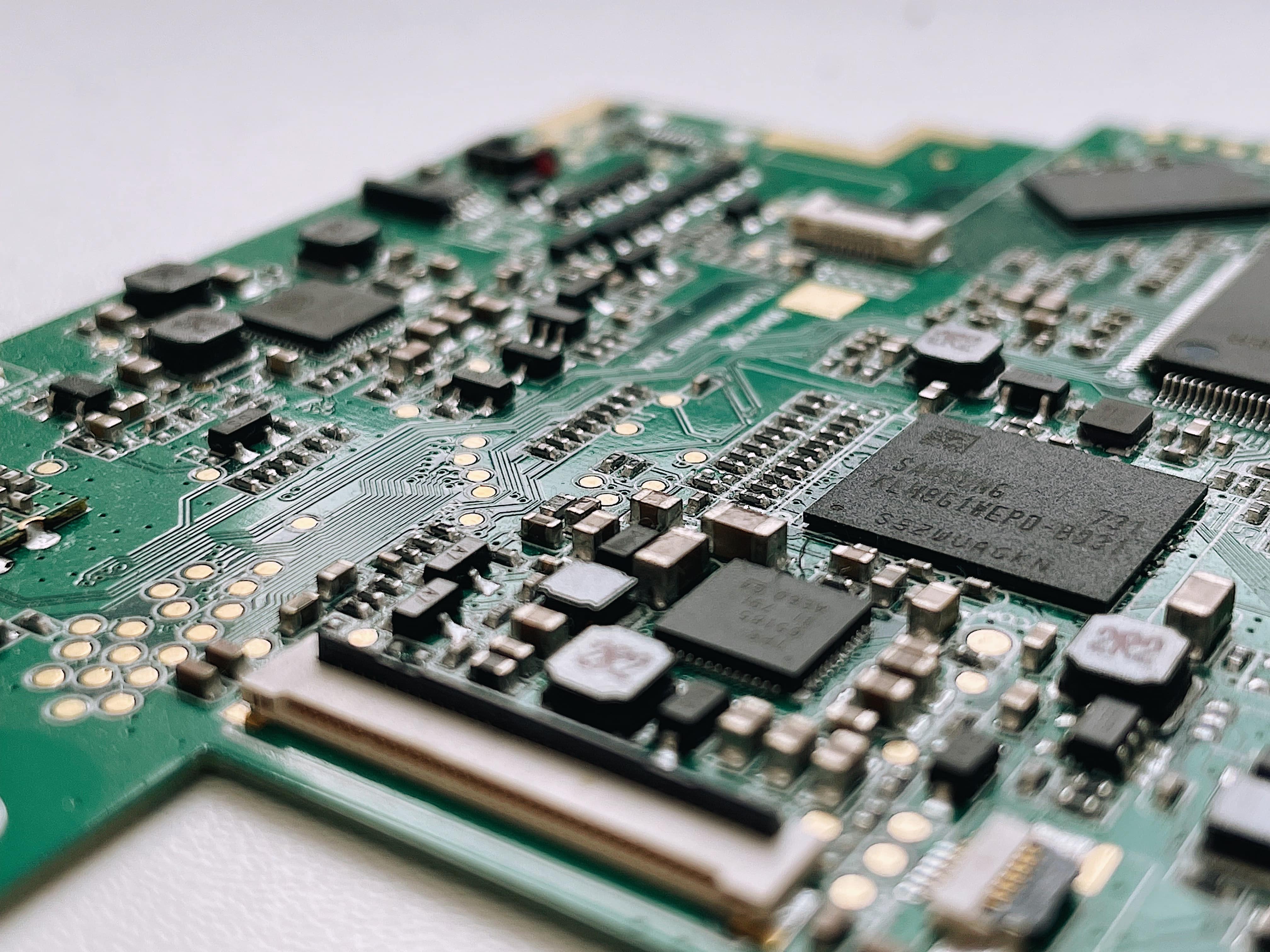
Anthony: "I think the biggest problem in IT is the integrated circuits, the PCB boards. The way they are constructed there's zero design for recycling. It's very hard to pull that back apart and recombine and use it in a useful way. But there are some counterarguments to that, like a printer, a big device, but also not great from a sustainability point of view for recycling because most of it is made from plastics that aren't terribly easy to recycle.
So typically when you get out of something like a printer, you might get the metals, you might get to recycle the metals out of the printer, the frame that holds the whole thing together, the rest of it probably end up as waste."
Is there a split between the amount of E-Waste produced by households vs commercially?
Anthony: 'By volume, e-waste will be greater out of the commercial environment than the home environment. We're continuing to increase the amount of technology we have in our home, most homes will have a laptop or two, a phone or two, maybe a tablet.
And, the industrial scale stuff is data centres and there's a ridiculous number of data centres in the world, and again it's the out-of-sight element of that. It's a problem because you need buildings and cooling and everything else that goes around it, so I think the industrialisation of IT has gone on quietly behind the scenes in ways that were not so obvious.
So while we all do have some devices in our home, they won't be as big as the commercial elements."
How big of an impact are data centres having on the environment with the emergence of AI?
Anthony: "When we talk about software or solutions, like particularly things like AI, we definitely want the new shiny stuff. We definitely want to try AI. We've definitely got to get our heads around that.
And I think the knock-ons for that again are less visible. So, when we were talking about data centers earlier. I think Microsoft's demand for data center capacity increased between 25 and 30% based on the fact that they're accelerating their work on AI.
Today around 4% of our global carbon emissions are emitted by data centres, which is double the aviation industry, and most people think we should be flying less, right? It's the fastest-growing waste and emission stream and by 2040, it's forecasted to produce around 14% of our global emissions, putting it ahead of cement and steel."
What is planned obsolescence? And is it a real thing?
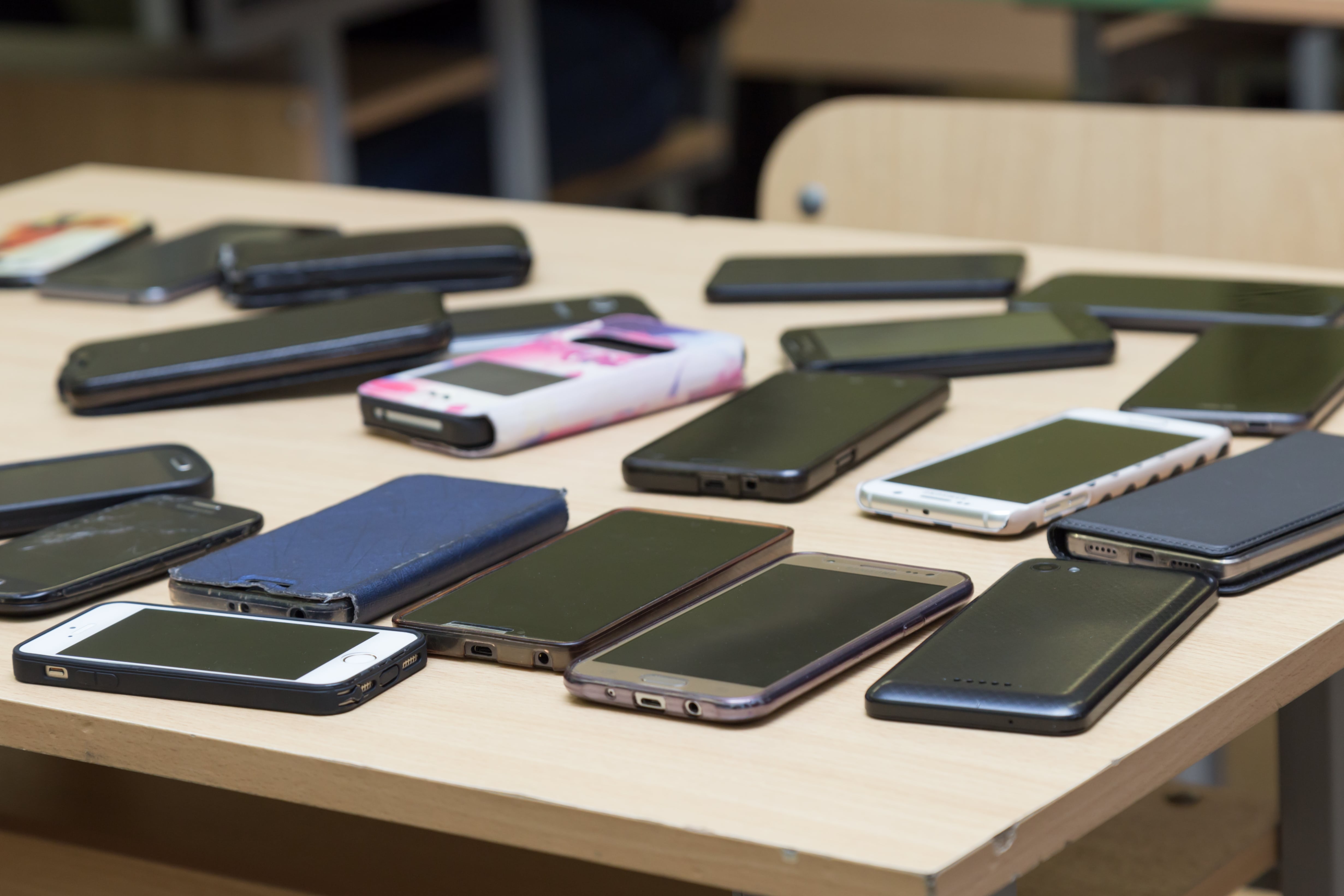
Anthony: "It's definitely a thing. Absolutely, and if you've ever worked in a product business, this is very much part of designing the product life cycle when you build and design, right? You plan for its journey.
And are organizations planning those to be shorter than they need to be? Yes. Is there pure intent to destroy the world? I don't think so. But we are stuck in a society that is driven by economics and everything aligns with that."
How can people find out more about yourself and Circularity First?
Anthony: "Through my website www.thesustainableitguy.com or you can also find me on Linkedin by searching for Anthony Levy. We're very open and we share a lot of our research and a lot of the information that we've found. We're very happy to give that knowledge away and help people on their journey.?
Listen to the full conversation
Click here to listen to the full episode on Spotify.
Click here to learn more about First Mile's WEEE recycling, and how many businesses use us to responsibly recycle their old electronics.
